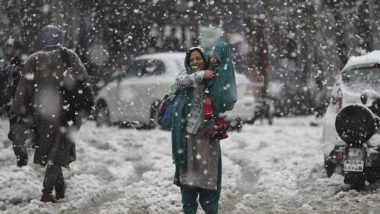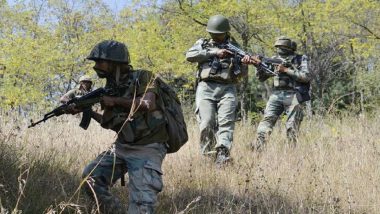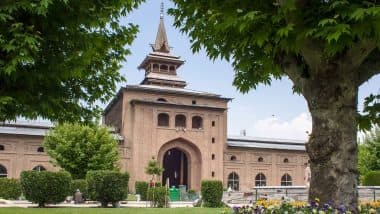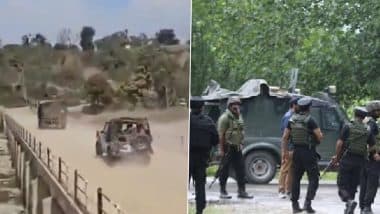Srinagar, January 11: Fresh snowfall in the higher reaches of Kashmir and rains in plains pushed the night temperature above the freezing point across the valley barring Pahalgam and Gulmarg, officials said on Wednesday.
Sonmarg, Gulmarg, Tangdhar (in Kupwara) and other higher reaches of Kashmir received fresh snowfall, the officials said.
They said the plains of north and central Kashmir received light rain.
The MeT Office has said there would be a gradual increase in intensity and distribution of snow or rains as the day progresses with the main activity towards evening or night. Some places, mainly the higher reaches, may receive heavy snowfall, the MeT Office said. Jammu and Kashmir: Three Indian Army Personnel Killed in Kupwara After Their Vehicle Skids Off Snowy Track, Falls Into Gorge.
It said there is a possibility of widespread light to moderate snow or rain in the plains of Jammu on Thursday. On Friday, light snow or rain at a few places in J-K is likely to take place, while the weather will remain mainly dry after that till January 17.
The night temperature increased and settled above the freezing point across the valley, except in Pahalgam and Gulmarg, providing relief from the intense cold conditions. Srinagar recorded a low of 3.5 degrees Celsius Tuesday night, up from 1.8 degrees the night before, the officials said.
Qazigund, the gateway to the Valley, registered a minimum of 1.6 degrees Celsius, while Kokernag in south Kashmir recorded a low of 0.7 degrees, the officials said. The minimum in Kupwara, a frontier district, settled above the freezing point at a low of 1.5 degrees.
The tourist resort town of Pahalgam in Anantnag district, which also serves as a base camp for the annual Amarnath Yatra, registered a low of minus 0.3 degrees Celsius – up from minus 3.2 degrees. The minimum temperature in Gulmarg in Baramulla district was at minus 3 degrees Celsius, they said. Indian Army Officer, Two Jawans Die After Slipping Into Deep Gorge Along LoC in Jammu and Kashmir.
Kashmir is currently under the grip of 'Chillai Kalan', the 40-day harshest weather period when the chances of snowfall are maximum and most frequent. Chillai Kalan begins on December 21 and ends on January 30. The cold wave continues even after that with a 20-day-long 'Chillai Khurd' (small cold) and a 10-day-long 'Chillai Bachha' (baby cold) following it.






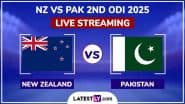


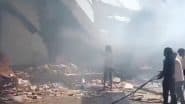



 Quickly
Quickly








